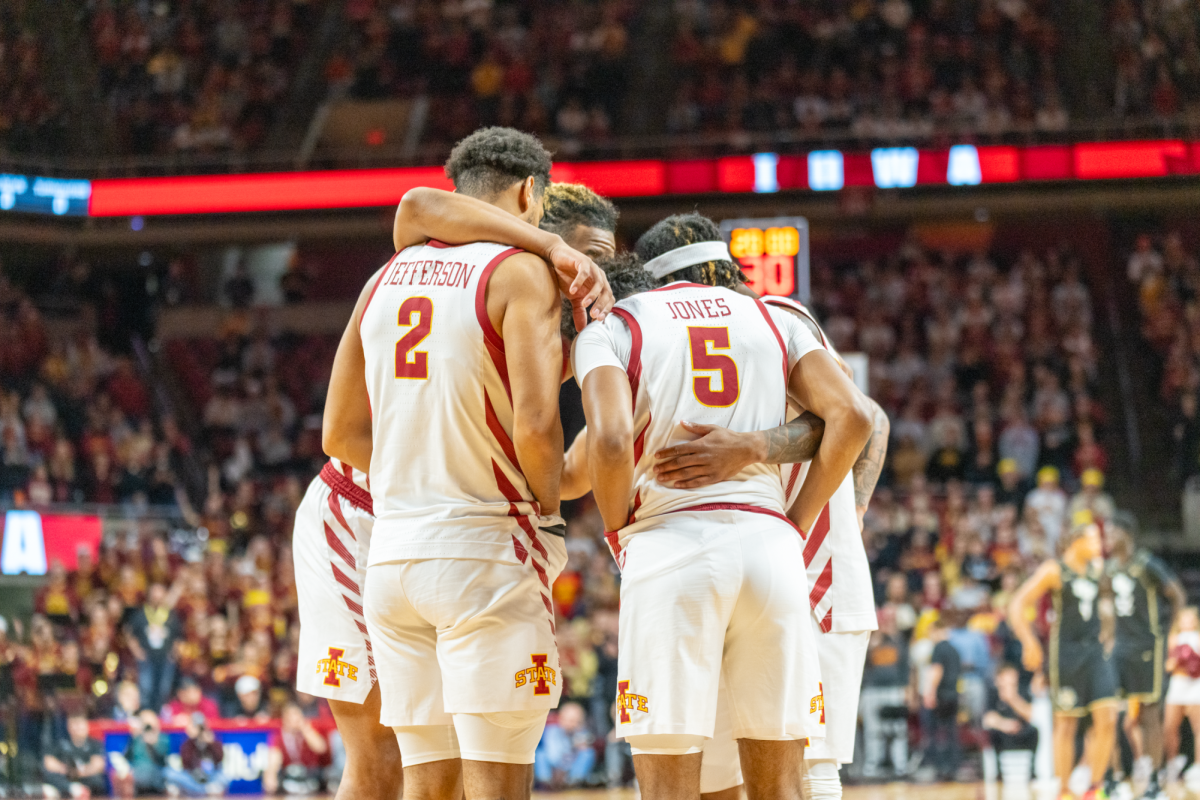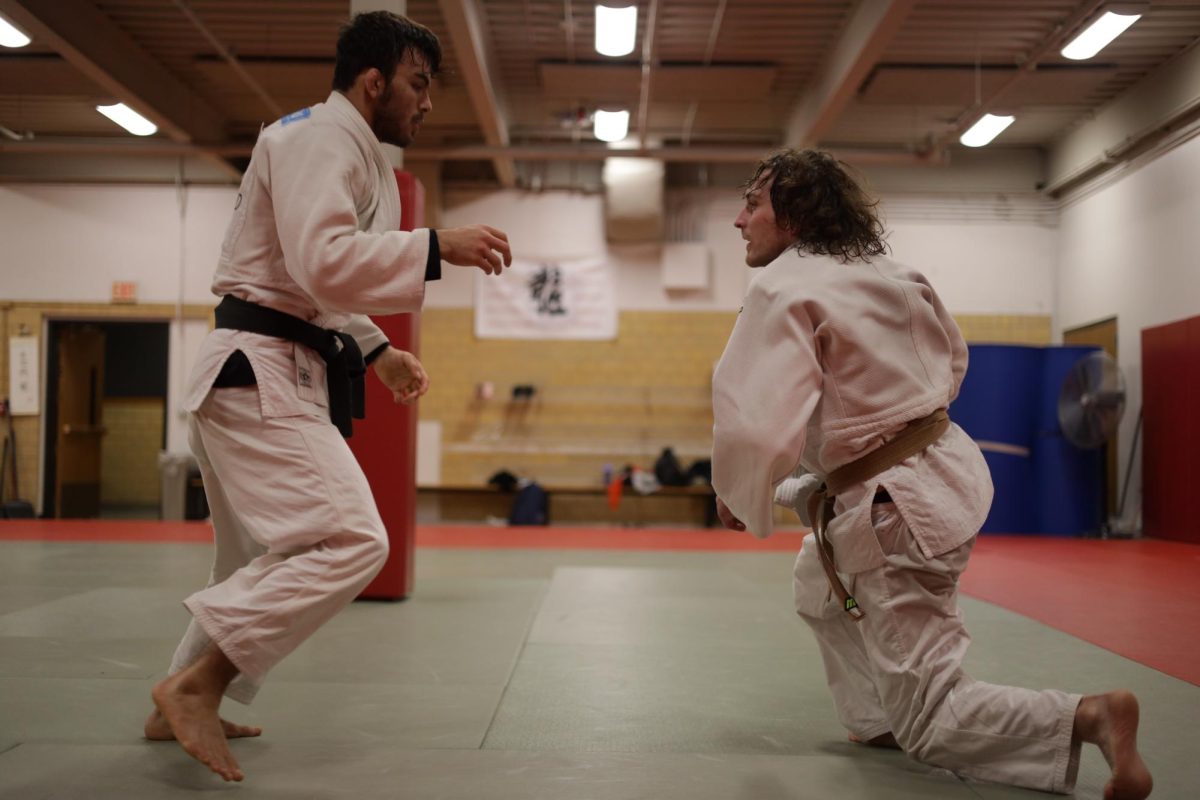Maybe not always Super, but still a great game
January 20, 1998
If you look at it realistically, the Denver Broncos probably don’t have much of a chance of defeating the Green Bay Packers Sunday. In fact, Denver probably doesn’t have much of a chance of even making it a game.
We know this because of the events of recent history, such as Denver’s 0-4 Super Bowl record, the strength of the NFC and the fact that controlling interest of the Packers’ organization is owned by Satan.
But after 13 years of NFC dominance in the Super Bowl, let’s be honest with ourselves; we do not watch the game for the quality of the contest.
In the last 20 years there’s really only been one or two games that can really be classified as nail biters.
In 1991, Buffalo was just a failed field goal attempt away from winning a Super Bowl, and in 1989 Joe Montana lead the 49ers past a persistent Cincinnati team for a 20-16 victory, but excluding these games the Super Bowl is simply and largely a showcase for the NFC.
So why all the hype? If the game is a forgone conclusion, why do 30-second commercial spots sell for $1.5 million? Why is there an extra week before the Super bowl for the benefit of the media? Why are the beer commercials getting longer and why are their plots getting thicker? Why is it that on Super Bowl Sunday kitchens and living rooms are filled with the aromas of nachos and buffalo wings in anticipation of kickoff?
Perhaps it is stating the obvious to say that the Super Bowl is more than just a football game.
Few athletic events help to define a nation’s culture the way the NFL championship game does.
Since 1967, the Super Bowl has grown from just a game to an undertaking that brings 90 million Americans to their TV sets for three straight hours.
It is almost a national holiday, one which has as much tradition and culture associated with it as Christmas or Thanksgiving.
This Sunday during the Super Bowl, the number of long distance telephone calls in America will drop over 50 percent (except during halftime). Crime rates in San Diego, Las Vegas, Denver and even quiet Green Bay will drop to 40 percent of the norm. Ten million people in the United States will assemble in groups of ten or more.
Of the people watching the contest, one in ten will tape the game and watch it again.
The California Avacado Commission claims that Americans in those three hours will eat more than eight million pounds of guacamole. The pregame hysteria and postgame analysis will generate over 10 million words of copy in America’s newspapers and magazines, and the Super Bowl will be broadcast in 187 countries.
The Super Bowl started barely three decades ago, but in those three decades the game has become a significant part of our American culture, and the heroes, villains and memories that the Super Bowl has supplied are almost a part of American mythology.
The Super Bowl has given us our legends — our Bart Starrs, our Roger Staubachs, our Terry Bradshaws, our Roger Craigs. The sympathy of our nation goes out to John Elways and Marv Levys, who have come so close but never have been.
Americans have always been big sports fans, but as it was once said, the Super Bowl is just another game like the Presidential election is just another horse race. The Super Bowl has its place in our nation’s history, and the event has secured its place in the annals of America’s few unique cultural traditions.
In the words of former NFL Commissioner Pete Rozelle, for whom the Super Bowl MVP trophy is now named, “The Super Bowl is like the last chapter of a hair-raising mystery. No one would think of missing it.”
It has long been thought that baseball is America’s pastime, rich in tradition and history and brimming with heroes of its own.
The Super Bowl is young compared to baseball’s rich history, but it certainly is not a lesser tradition, not by any means.
If baseball is America’s pastime, then the Super Bowl is America’s game, with all of the fireworks and fanfare – and fitting of its traditions, this Sunday is the great American holiday.
Aaron Senneff is a senior in computer engineering from Bettendorf.






